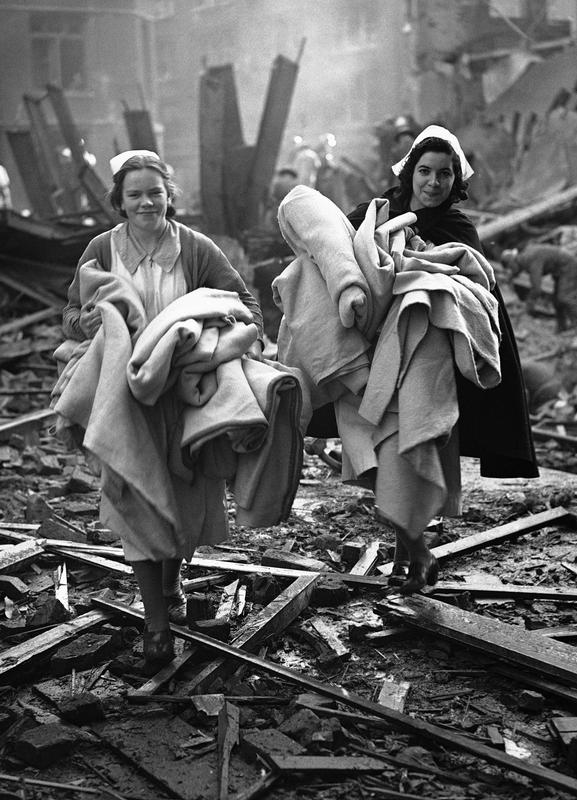
In 1942, the Axis occupation of the Slovenian Lands was in its second year. The capitulation of Italy made the area vulnerable to German offensives against liberated areas, so the Partisan leadership decided to set up a field hospital in the hills of Trnovski Gozd. The area, now in western Slovenia, had been a part of Italy between the wars, but it always had a heavily Slovenian population.
The hospital, well-hidden in a wooded valley, was named after Pavla Jerina Lah, a young surgeon from Ljubljana’s main hospital. The field hospital that bore her name treated its first patients in late 1943; a few months later, Jerina Lah formally took over all its operations.
During the hospital’s existence, 114 staff members treated more than a thousand people – some civilians, but mostly Partisan and Allied troops. Soon, smaller branch units were set up throughout the area. Some of the facilities had electricity produced by power generators and advanced medical equipment. Surgeons at the main hospital routinely performed major operations.
All the while, the hospital remained hidden from German eyes. Its staff devised special rules to prevent the facility from being discovered. The wounded were brought to the hospital blindfolded; not even they could know the location of the hospital. Loud noises were prohibited at all times, as was the cooking of cabbage, which could be smelled at great distances. The staff even devised a special system of concealing tracks in the snow. In 1945, one of the branch units was discovered by German forces, who killed the doctor in charge and his patients, but the Germans never discovered the main hospital.
As the end of the war approached, the hospital was abolished. Pavla Jerina Lah went on to become a highly respected doctor and the head of the Transfusion Institute in Ljubljana. She died in 2007.
The buildings of her namesake hospital did not fare as well. Lacking regular maintenance, they became dilapidated and eventually turn into barely noticeable ruins. These days, only a memorial serves as a reminder of the hospital and its heroic staff.

































































